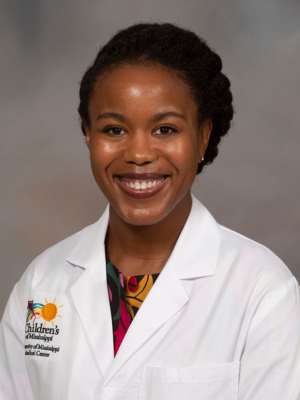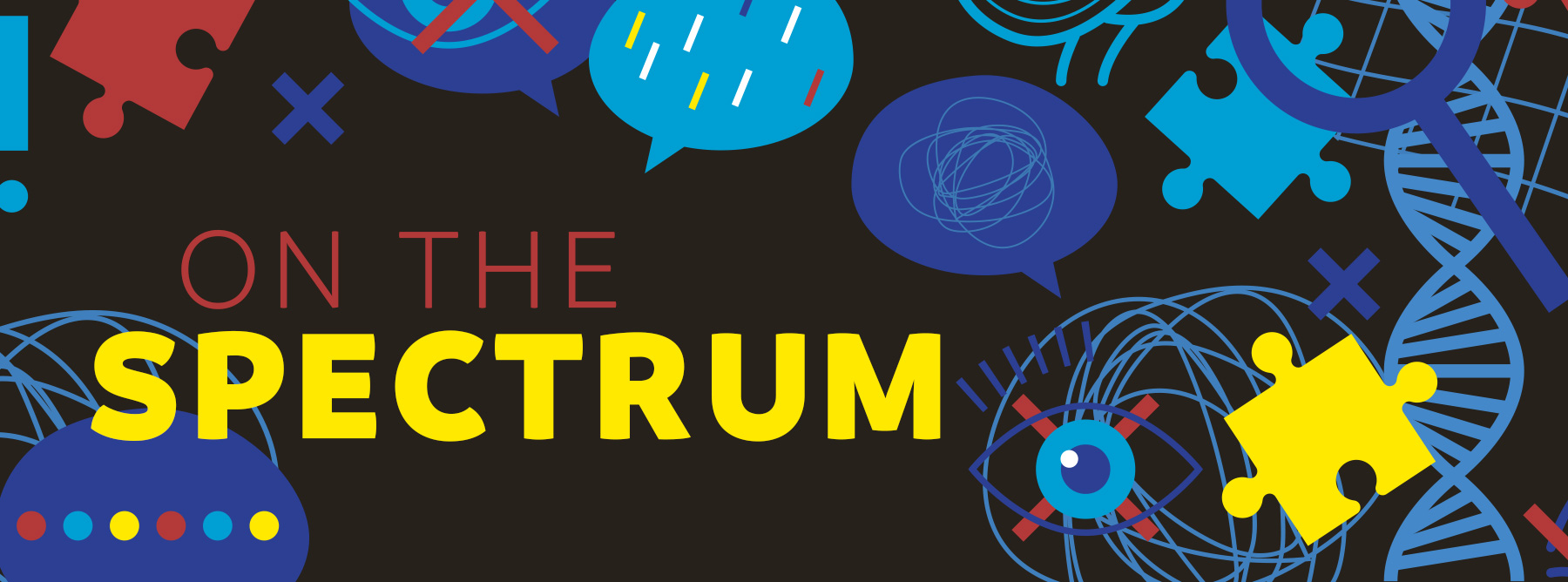UMMC expert: Rise in ASD diagnoses related to increased screening
The number of autism spectrum disorder diagnoses has been rising, but Children’s of Mississippi experts at the University of Mississippi Medical Center say the increase reflects improved early screening rather than a true surge in cases.
ASD, a neurodevelopmental difference that affects how people interact, communicate, learn and behave, can include sensory sensitivity, repetitive and inflexible behaviors and differences in communication and interaction with others.

“What we have found, scientifically, is that the increase in the prevalence rate of autism spectrum disorder is because, as there is an increase in awareness of children’s developmental milestones, families are more likely to seek out assessments from pediatricians and other professionals,” said Dr. Gabrielle Banks, assistant professor of child development and a psychologist at Children’s of Mississippi’s Center for Advancement of Youth.
“Likewise, primary care providers such as pediatricians and family medicine doctors are more likely to screen children for developmental milestones,” she said. “In the past 20 years, children have been screened at a higher rate, which is what should be happening.”
On April 15, the U.S. Centers for Disease Control and Prevention reported that one in 31 U.S. children is diagnosed with ASD by their 8th birthday. Previous CDC reports showed the rate of ASD as one in 54 8-year-olds in 2016 and one in 150 in 2000.
During those years, doctors have likely become better at diagnosing ASD without intellectual disability. Autism was not added to the DSM, the Diagnostic and Statistical Manual of Mental Disorders, until 1980. Before then, autism was often mistaken for other conditions.
The American Academy of Pediatrics recommends that all children be screened for signs of developmental differences during well-child check-ups at 18 months and 24 months, with physicians watching for a child’s development of fine and gross motor skills, speech and language, and social-emotional development.
The potential causes of autism are complex, Banks said.
“Studies have shown that it is caused by a combination of genetic and environmental factors,” she said. “One of the first things I tell parents of patients is that they did not do anything to cause their child’s autism.”
Environmental factors that might have a role in autism range from the age and medical conditions of mothers and exposure to air pollution during pregnancy to childbirth complications, according to SPARK, an ASD research study with more than 380,000 participants.
Vaccines have been proven to not be a cause of ASD.
“We have more than 20 years of scientific research that rules out vaccines as a cause,” Banks said.
Her advice to parents whose children have been diagnosed with ASD is not to panic. “Avoid taking on blame and allow yourself time to adjust to the new reality of having a diagnosis and planning for a future that is different than the one you envisioned for your family. It’s not a bad future, just a different future.”
“Children who have ASD are human beings who contribute to society in a number of ways,” she said. “I will tell parents, ‘There is a place for your child in this world.’”
Much of the concern parents have about ASD is rooted in “the ways in which people without autism treat those who do have autism,” she said. “We live in a society that focuses on the deficit.”
Early diagnosis of ASD is important because of the rapid neurological development that happens during a child’s first five years of life. The AAP recommends resources such as speech therapy and occupational therapy that can help a child gain needed skills.
Genetic counseling may also be recommended. This can show whether the ASD diagnosis is part of a genetic condition and whether there are other health concerns to be aware of during childhood, said genetic counselor Emily Boothe, associate professor of genetics at UMMC.
"More individuals with autism are getting genetic counseling because it can provide a better understanding of what to expect as a child with ASD grows and helps families and physicians find the most effective interventions.”
Some children may have other conditions such as attention deficit hyperactivity disorder (ADHD), learning disabilities or seizures in addition to ASD.
To individualize care, physicians are moving toward use of a pie chart rather than a linear chart.
“Autism is a spectrum, so people with ASD can have different experiences,” Banks said. “Using a pie chart or autism wheel is more accurate in capturing the unique experiences of each patient.”
The autism wheel shows 10 areas, including conditions such as eye contact, communication problems, need for routine and anxiety, that can be rated from one to 10.
Nearly 60% of those diagnosed with ASD have average or above-average IQs. “What we do see with ASD are social differences and challenges with speech or speech delays,” she said.
Primary care providers can make referrals to the Center for Advancement of Youth for follow-up ASD assessment and specialty follow-up, and often these physicians refer families to speech or occupational therapy when seeing delays prior to an ASD diagnosis.
“It’s important to know that children don’t have to have ASD to start speech therapy or OT services when needed,” Banks said.
“I encourage families to reframe the way we talk about neurodivergent differences,” Banks said. “Those with ASD think differently and move in the world differently. Early screenings should not cause fear of detection but an opportunity to engage in developmental support that will give them the best possible outcome.”
The above article appears in CONSULT, UMMC’s monthly e-newsletter sharing news about cutting-edge clinical and health science education advances and innovative biomedical research at the Medical Center and giving you tips and suggestions on how you and the people you love can live a healthier life. Click here and enter your email address to receive CONSULT free of charge. You may cancel at any time.



